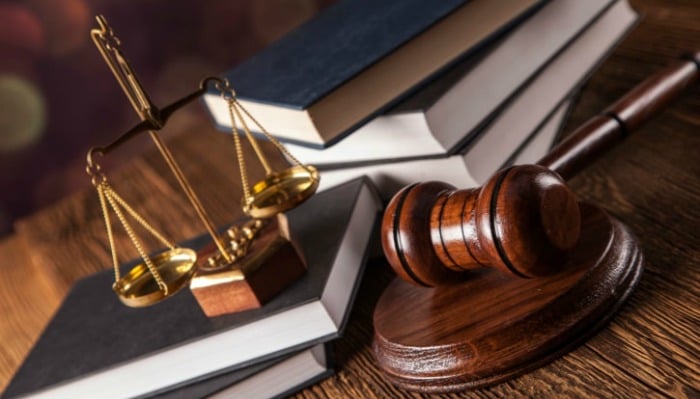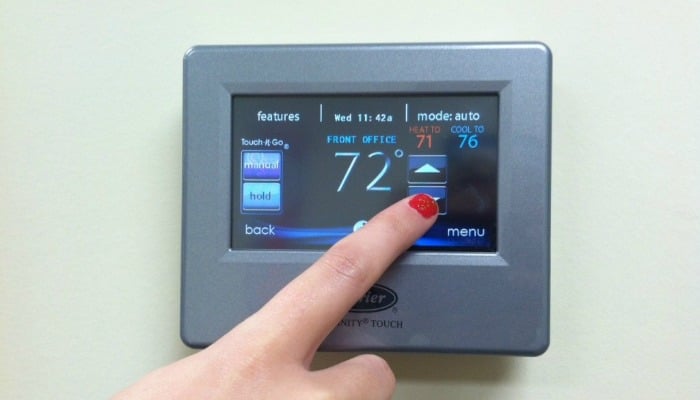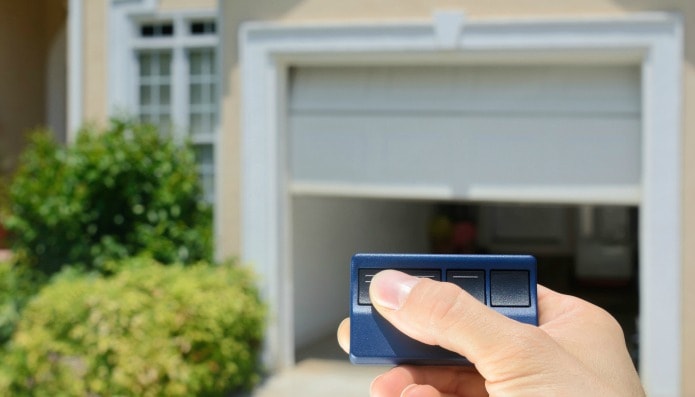
Renting a home comes with its fair share of benefits for tenants, one important one being minimal maintenance responsibilities. However, it is important that your Baltimore County tenants understand the role they play in rental home maintenance and know that some maintenance issues can and should be handled themselves.
Although it is normally required that the landlord or property management group handle all maintenance requests received by a tenant, there are times in which a tenant might actually be held responsible. Today we will look at some instances in which a tenant may be held accountable for general maintenance of a rental home and some maintenance tips tenants can use to prevent future conflict regarding such maintenance issues.
The History Behind Tenant Responsibility
In 1972 the Uniform Residential Landlord and Tenant Act (URLTA) was enacted in an effort to equalize the roles between landlords and tenants. At the time, when a conflict arose between a landlord and tenant, it was often the landlord that came out triumphant, leaving tenants with very little control against landlord abuse of powers.
This act sought to standardize the rights and responsibilities of tenants and landlords in the United States. More so, it was an attempt to force landlords to meet minimum standards regarding their rental properties. Landlords would now be obligated to provide safe and habitable housing for tenants leasing their homes. Even today, this document is the closest set of federal rules we have governing landlord tenant laws across the nation, though not all states have accepted the act as law.
Although the focus was mostly on landlord duties to their tenants, this act did not suggest that tenants could not be held responsible for damage done to the property they were leasing. While landlords were required to provide a safe and habitable rental home, tenants would be held responsible for general maintenance of the home to prevent future damage as well as repairs that were necessary should any damages incur due to the tenant’s lack of general maintenance care. Tenants might also be held accountable for maintenance issues that were not properly reported to their landlord or property management group.

Landlords versus Tenants
If you are currently renting out a home in Baltimore County or its surrounding areas you can be sure that you will be responsible for large maintenance items such as:
- Lack of heat, light, electricity, or water.
- Lack of adequate sewage disposal.
- Rodent infestations causing an inhabitable home.
- Lead paint hazards that were not properly addressed at the time of lease signing.
- Any structural defects that present a serious threat to your tenant’s physical safety.
- Serious fire or health hazards
Tenants on the other hand should be prepared to be responsible for these types of maintenance items unless otherwise noted in the signed lease agreement:
- Maintenance of all lots and exterior premises such as sidewalks and gutters, making sure that they are clean, safe, and sanitary.
- Extermination of pests (other than wood destroying species).
- Plumbing fixtures must be clean and free from foreign objects.
- All interior home structures must remain clean and sanitary.
- Things such as light bulb replacement, air filter changes, battery changes in smoke alarms or carbon monoxide detectors, landscape care, etc.
- Any damages that incur due to lack of general maintenance care or damage that is a result of the tenant’s negligence.
Note that no law states that cosmetic or “annoying” maintenance problems are required to be fixed by the landlord, whether a tenant requests a repair or not. It is however implied that if a tenant breaks something within the home, they can be held at least partially responsible for fixing it if it was their fault. You can find out in more detail about actual landlord and tenant responsibilities in the Baltimore City Charter Codes.
Maintenance Tips for Tenants
It is common practice to outline landlord and tenant responsibilities in detail in the lease agreement that both parties are required to sign before tenancy begins. In fact, it might be a good idea to include a list of general maintenance tips in the tenant manual you provide tenants at the start of tenancy.
It is important that tenants know that while there is a common understanding that landlords or property management groups will generally be responsible for major maintenance issues in the property, tenants have a list of responsibilities to abide by as well. Additionally, it is crucial to mention that should a maintenance issue arise that is the fault of the tenant, regardless of severity, there may be some level of liability on the tenant’s part.
Here are some of the most common maintenance issues a tenant can not only handle on their own, but may be required to do so per the signed lease agreement to avoid costly repairs in the future.
-
HVAC System
Although the landlord is responsible for providing heat (and often air conditioning depending on the property’s location) in the rental property, there are several maintenance tasks that should be adhered to in order to avoid a breakdown of the system. This is especially important for regions such as the student-populated Catonsville or Towson where students out on their own for the first time may not be aware of how to properly care for an HVAC system.
- Monthly filter changes.
- Breaker checks to ensure not only that they are turned “on” but that they have not shorted.
- No blocking of floor or ceiling vents with furniture or other objects preventing proper airflow.
- Constant turning on and off of system. The strain put in the system can cause an outage and shut the entire unit down.

-
Leaky Faucets
While there are generally no maintenance tasks required when it comes to your faucets and pipes, it is important to check periodically that there are no leaks present. If there are it is your duty as a tenant to inform the landlord before any severe water damage occurs.
-
Toilet Overflow
One of the most common reasons for toilets overflowing is the flushing of a foreign object down the toilet, among other things. Baltimore County is full of young families; make sure your children understand that their toys are not to be flushed down the toilet less you be responsible for the plumbing repairs and water damage. Here are some other tips to keep in mind:
- Do not flush things such as cigarettes, cotton swabs, diapers, and paper towels as they can easily clog a toilet.
- Have a plunger on hand at all times to help a fresh clog.
- Make sure the rear valve on the toilet is fully open so proper drainage occurs with each flush.
- If water flows onto the floor take care to clean it up as quickly as possible to prevent floor damage and water leaking through the ceiling should you live in a multi-level home or building.
- Remember prevention is the key to a properly flushing toilet.
-
Garbage Disposal
Even in a place such as Pikesville, where the population is more mature and should already know, placing large amounts of food down a garbage disposal is a common cause of malfunctioning garbage disposals. If your garbage disposal stops working, before you call your landlord or property management group try this first:
- Check the wall switch (and other outlets near the disposal) to make sure they have not been tripped and simply need resetting.
- Reset the actual garbage disposal underneath the sink at the base of the garbage disposal (if one is present).
- Reset the external breaker, usually located in the garage or laundry room.
-
Garage Door
Places such as White Marsh, noted for having new and more advanced homes, may come with fancy garage doors that are difficult to operate. Here are some helpful tips to consider if your garage door refuses to open or close properly:
- Check to make sure a foreign object has not blocked the sensors, usually located near the floor and on each side of the garage door.
- Check remote batteries to ensure a simple battery change won’t solve the issue.
- Again, when electrical appliances stop working in your rental property a good place to check is the breaker box.

Final Thoughts
Per you lease agreements you can hold tenants responsible for general home maintenance care as well as small repairs that are required in your rental property. In addition, it may just be smart to advise tenants to handle these small issues on their own to prevent additional and costly repair bills.
Informing your tenants of their obligations at the start of tenancy is the key for not having to charge the tenant for things such as a light bulb replacement. Tenants should appreciate that your rental property is to be properly cared for and that any major issues arising must be reported immediately.
Rest assured that your favorite Baltimore County management group has all maintenance requests handled, regardless of whether a tenant chooses to report every little maintenance issue or not. With around the clock request availability, Bay Management Group provides quality repair services in a timely matter so that you don’t have to worry about a thing. In the meantime, educating your tenant that they can help may ease a lot of problems all around saving everyone time and money.
